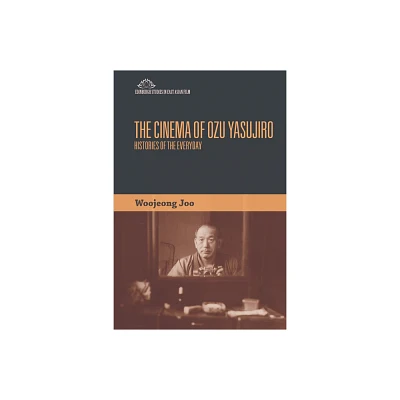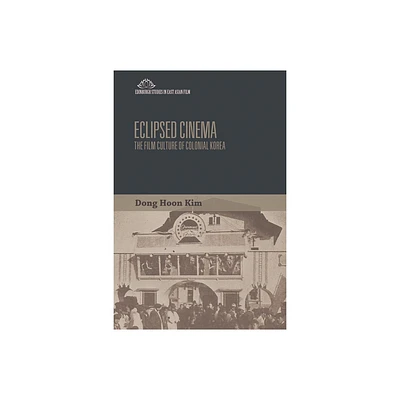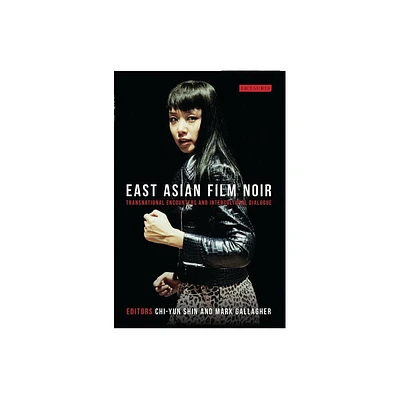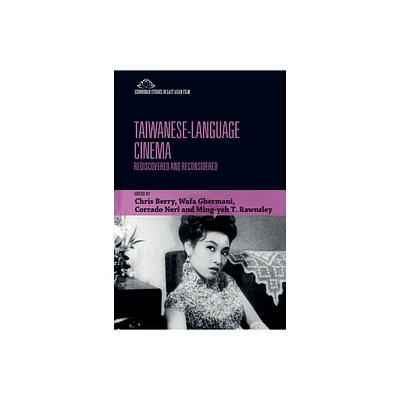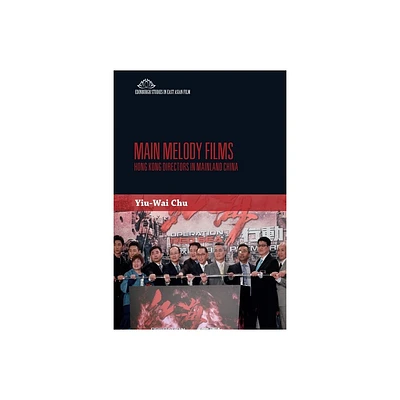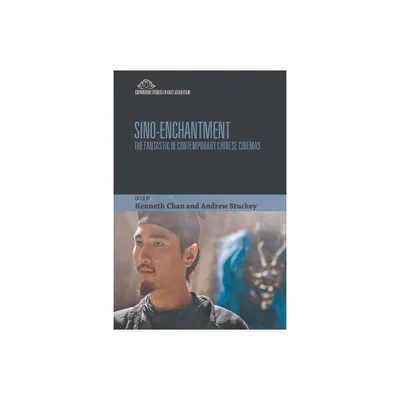Home
Cosmopolitan Cinema: Cross-cultural Encounters East Asian Film
Loading Inventory...
Barnes and Noble
Cosmopolitan Cinema: Cross-cultural Encounters East Asian Film
Current price: $160.00


Barnes and Noble
Cosmopolitan Cinema: Cross-cultural Encounters East Asian Film
Current price: $160.00
Loading Inventory...
Size: Hardcover
*Product Information may vary - to confirm product availability, pricing, and additional information please contact Barnes and Noble
This book is available as open access through the Bloomsbury Open programme and is available on www.bloomsburycollections.com. It is funded by the University of Manchester.
Films are produced, reviewed and watched worldwide, often circulating between cultural contexts. The book explores cosmopolitanism and its debates through the lens of East Asian cinemas from Hong Kong, China, Malaysia and Singapore, throwing doubt on the validity of national cinemas or definitive cultural boundaries. Case studies illuminate the ambiguously gendered star persona of Taiwanese-Hong Kong actress Brigitte Lin, the fictional realism of director Jia Zhangke, the arcane process of selection for the Best Foreign Film Oscar and the intimate connection between cinema and identity in Hirokazu Koreeda s Afterlife (1998). Considering films, their audiences and tastemaking institutions, the book argues that cosmopolitan cinema does not smooth over difference, but rather puts it on display."
Films are produced, reviewed and watched worldwide, often circulating between cultural contexts. The book explores cosmopolitanism and its debates through the lens of East Asian cinemas from Hong Kong, China, Malaysia and Singapore, throwing doubt on the validity of national cinemas or definitive cultural boundaries. Case studies illuminate the ambiguously gendered star persona of Taiwanese-Hong Kong actress Brigitte Lin, the fictional realism of director Jia Zhangke, the arcane process of selection for the Best Foreign Film Oscar and the intimate connection between cinema and identity in Hirokazu Koreeda s Afterlife (1998). Considering films, their audiences and tastemaking institutions, the book argues that cosmopolitan cinema does not smooth over difference, but rather puts it on display."

